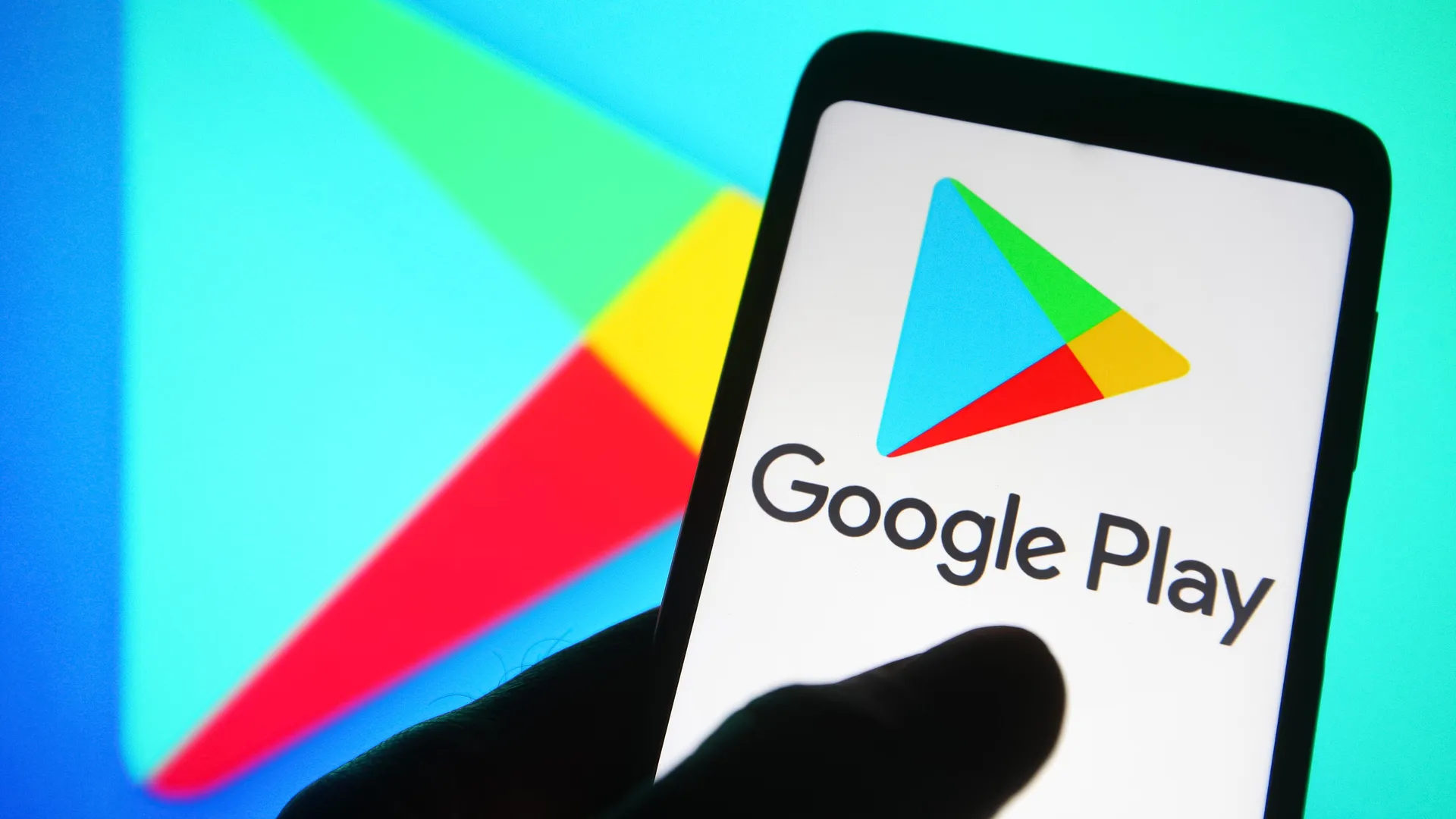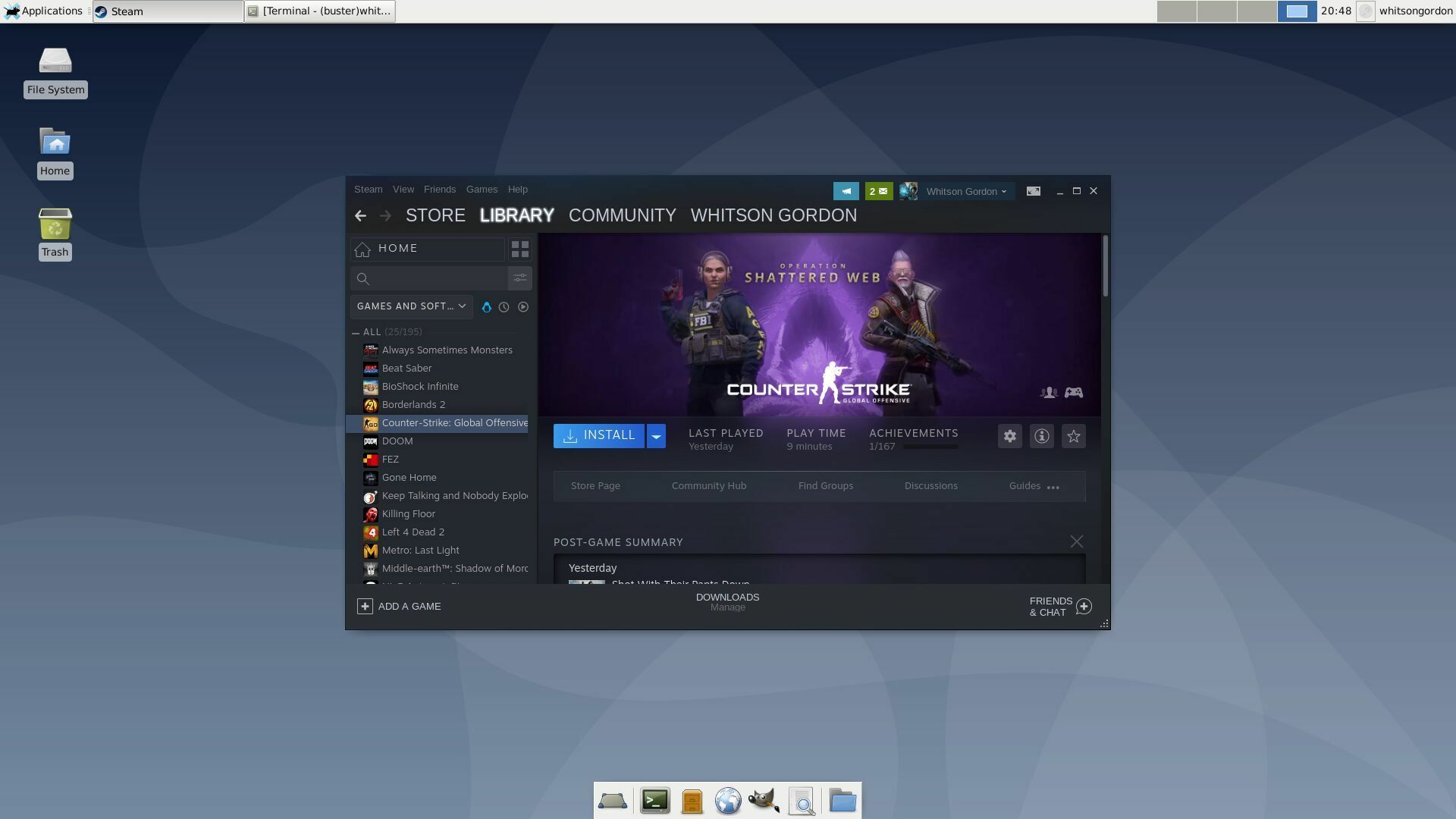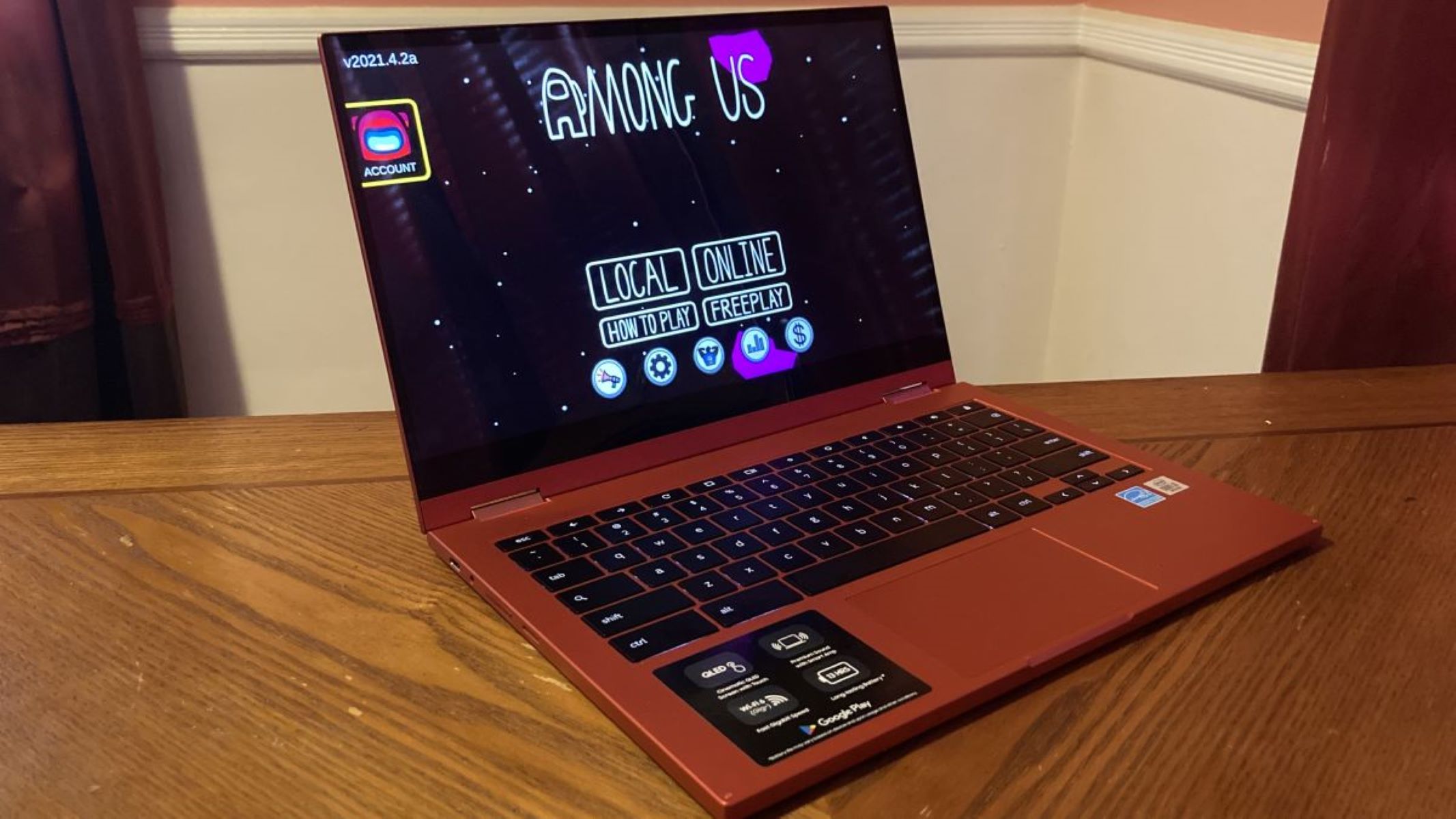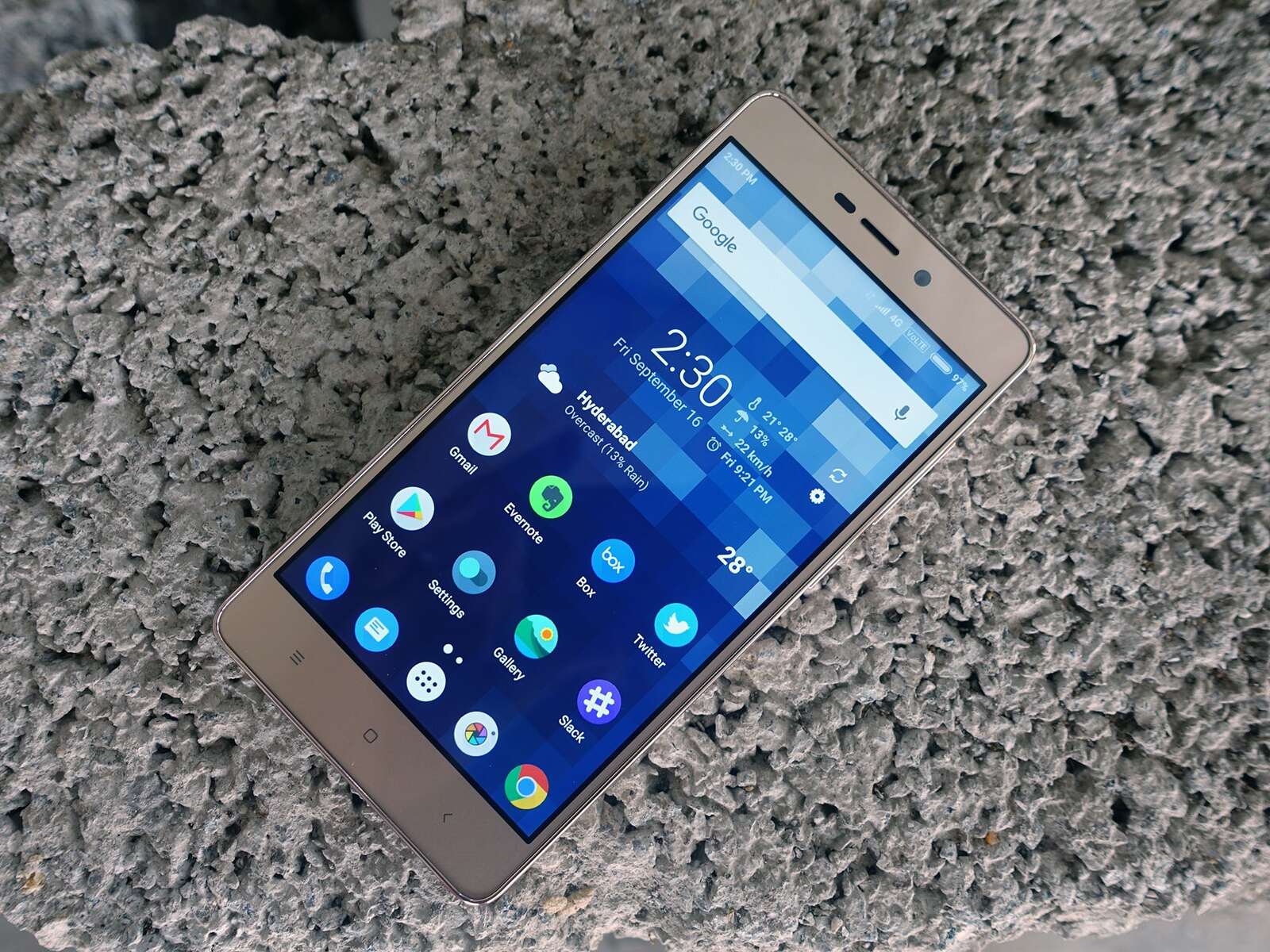Google has reached a $700 million settlement with the U.S. attorney general regarding a lawsuit over the Google Play Store. This settlement entails several changes in Google’s policies, particularly in relation to Google Play billing, sideloading, and app updates. Here are the key changes that Google has agreed to implement as part of the settlement:
Key Takeaway
Google has agreed to implement several changes in its policies, including support for third-party app installs, alternative billing mechanisms, and OEM clauses, as part of a $700 million settlement with the U.S. attorney general.
Third-Party App Stores and Sideloading
- Google will support app installs on Android outside of Google Play through various means, including third-party app stores, for at least seven years.
- Developers will not be compelled to launch their apps simultaneously or earlier on Google Play for a minimum of four years.
- Google will allow third-party companies to use APIs for automatic app updates, employ “split features” for on-demand app downloads, and implement a consent mechanism to halt app updates while an app is in use for four years.
- Preinstalled apps or third-party app stores will have “exclusive” rights to update an app unless the user chooses to update it from another source, with an option for developers to opt out of this functionality.
- Google will combine the warning screen and settings button for installing apps from alternative sources into a single screen for at least five years.
Alternative Billing
- Developers will be allowed to offer alternative billing mechanisms for in-app purchases for a minimum of five years, without being forced to offer the best prices through Google Play billing.
- Minimal required data will be collected from the developer if a consumer chooses another billing option, and this data cannot be used by Google to compete with the apps.
- Google will pilot third-party billing in new markets, including the US, and allow developers to contact users outside of the app for promotions related to pricing and billing for at least six years.
OEM Clauses
- Google cannot enter into deals with phone makers to have Google Play as the exclusive app store on devices or to place Google Play on the home screen for a minimum of five years.
- Device makers will not require “consent” from Google to preload a third-party app store for the same period.
- Google will grant preloaded apps by OEM installer rights for at least four years.
While these changes may seem significant, they could potentially have limited impact on Google. The effectiveness of these changes, particularly in terms of encouraging developers to switch to alternative payment processors and app stores, will depend on the incentives and audience provided by other platforms.

























